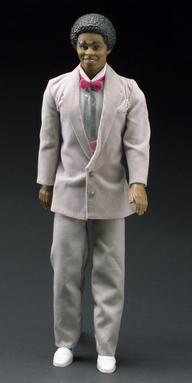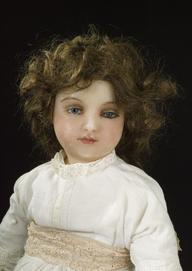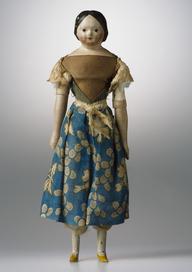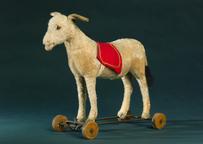

Coffee pot moulds, 1996.
- Made:
- 1996 in England, Staffordshire and Stoke-on-Trent
Slip mould, in six pieces, to produce coffee pot by Waterford Wedgwood UK, Stoke-on-Trent, 1996.
Coffee pot slip moulds, produced by Waterford Wedgwood, 1996. Domestic ware has long been made from fired clay. Clay comes from the ground, usually in areas where streams or rivers once flowed. The three most common types of clay are earthenware, stoneware and kaolin. Earthenware, or common clay, fires at 926-1150 degrees C and is still porous, unless glazed, after firing. It is commonly used in the making of terra cotta pots and roofing tiles. Stoneware is a hard and durable clay that is fired between1205-1260 degrees centigrade. Dark gray or brown in colour, it is used for crocks, jugs and dinnerware. Kaolin, or china clay is the purest clay. It has few impurities and is the main ingredient in porcelain. Kaolin is a high fired clay and vitrifies at 1280-1400 degrees centigrade.
Details
- Category:
- Materials Science Gallery
- Object Number:
- 1997-2438
- Materials:
- ceramic (unspecified)
- type:
- slip moulds
- credit:
- Wedgwood Ltd




